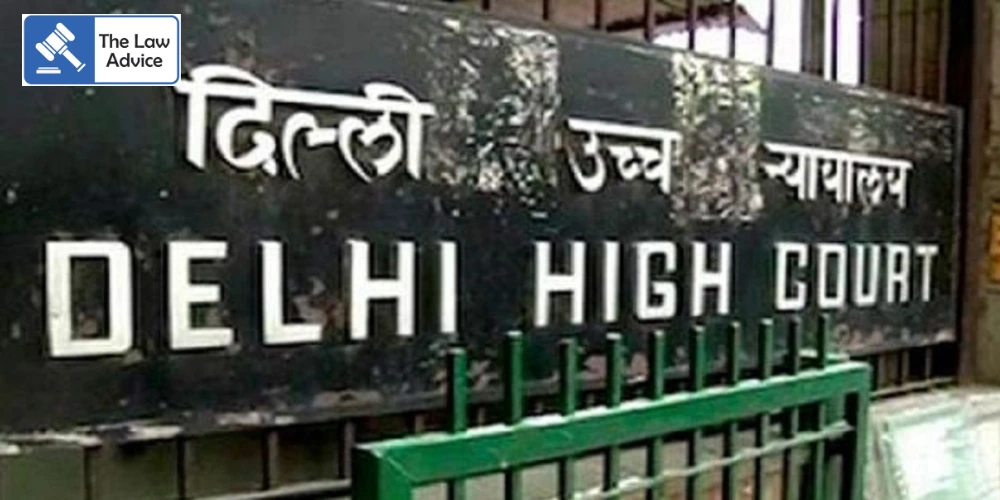The Delhi High Court on Monday set aside an order of the Central Information Commission (CIC) which had directed the University of Delhi (DU) to disclose information regarding the bachelor’s degree of Prime Minister Narendra Modi.
The judgment was pronounced by Justice Sachin Datta, with the detailed reasoning expected to follow.
The controversy stems from an RTI application filed in 2015 by activist Neeraj Kumar, who sought information relating to all students who appeared for the BA examination in 1978, including their names, roll numbers, marks obtained, and results. This year is significant as Prime Minister Modi is said to have graduated from DU’s BA programme at that time.
The University of Delhi initially denied the information, citing that it amounted to “third-party personal information” held in a fiduciary capacity under the Right to Information Act, 2005, and therefore exempt from disclosure.
Kumar appealed, and in 2016, the CIC directed DU to allow inspection of the records, reasoning that details about educational qualifications of students fall within the public domain and should be accessible under RTI.
Proceedings Before the Delhi High Court
Challenging the CIC’s order, DU approached the Delhi High Court in 2017. On the very first day of hearing, January 24, 2017, the High Court stayed the CIC’s directive, preventing disclosure of the information.
Appearing for the University, Solicitor General of India Tushar Mehta argued that:
• The CIC order was unsustainable in law and must be quashed.
• While the University had no objection to showing the degree certificate to the Court itself, it could not permit “strangers” to inspect or obtain personal student records.
• RTI cannot be used as a tool to satisfy mere curiosity, as the law provides exemptions for information held in fiduciary trust.
Mehta confirmed before the bench that a degree exists in DU’s records from 1978 for a Bachelor of Arts, but reiterated that such records cannot be put into the public domain outside judicial proceedings.
On the other side, Senior Advocate Sanjay Hegde, representing the RTI applicant, contended that:
• Universities are public institutions, and historically, results and pass lists were routinely published on notice boards, websites, and even newspapers.
• Information about graduates is not purely private in nature and falls under the public domain.
• The argument of fiduciary confidentiality was being stretched beyond its true scope, and public interest in the matter outweighed claims of privacy.
After years of interim stay, the Delhi High Court has now formally set aside the CIC order. While the complete text of the ruling is awaited, the operative pronouncement underscores that the CIC’s directive mandating disclosure of student-level details was unsustainable.
The case has attracted intense public and political attention, as Prime Minister Modi’s educational qualifications have often been the subject of debate. However, from a purely legal standpoint, the judgment reinforces the boundaries of the RTI Act, particularly the scope of Section 8 exemptions concerning third-party personal information and fiduciary capacity.
The Court’s ruling may set a precedent for how far RTI can be stretched to demand disclosure of personal academic records of individuals, even public figures.
Case Title
University of Delhi v. Neeraj and Other Connected Matters
